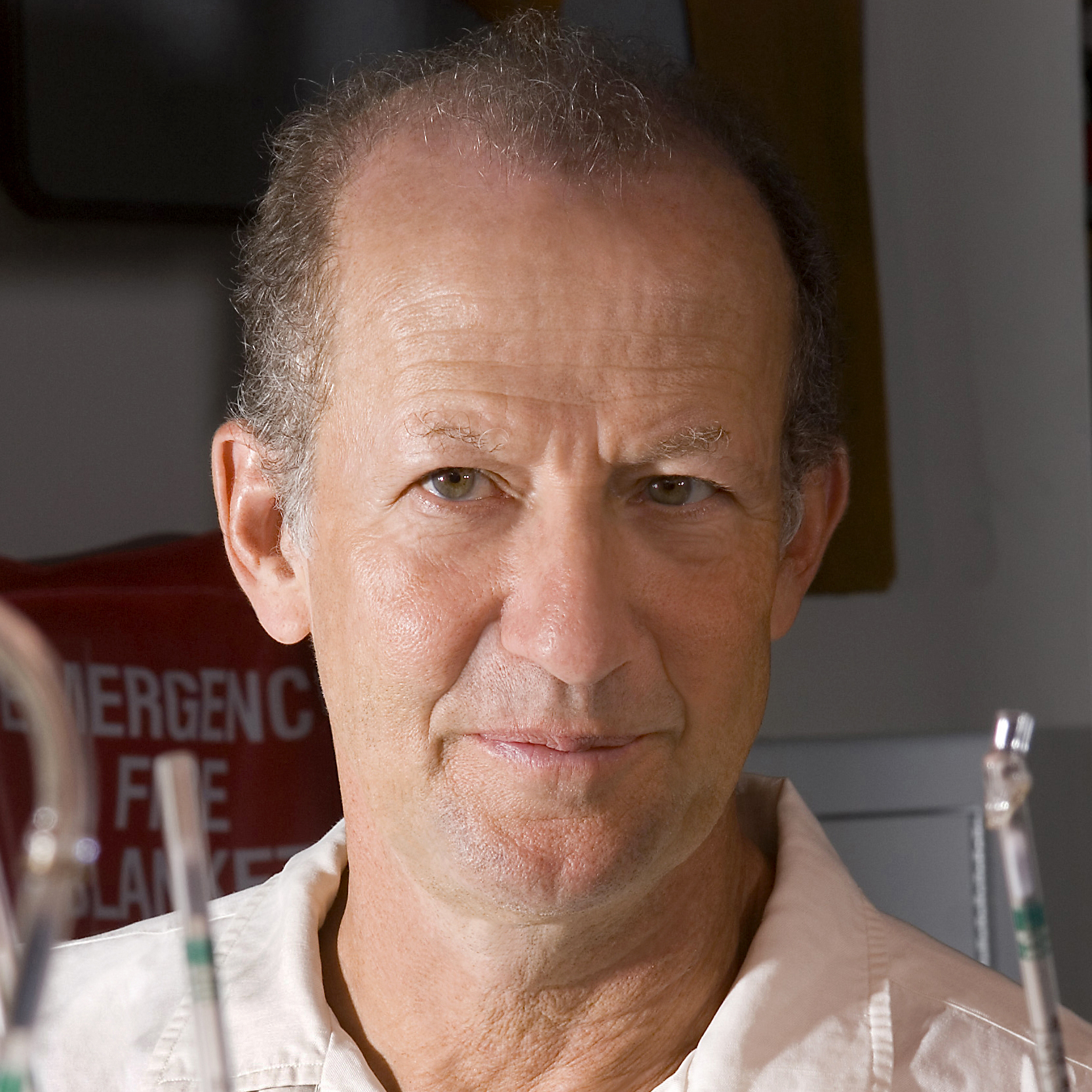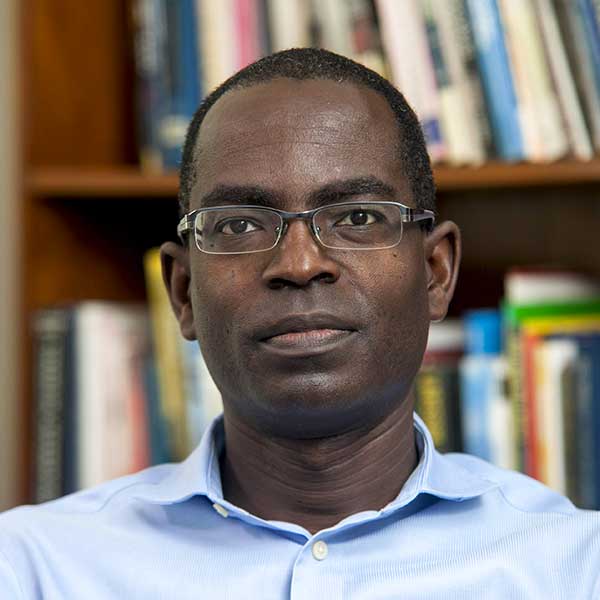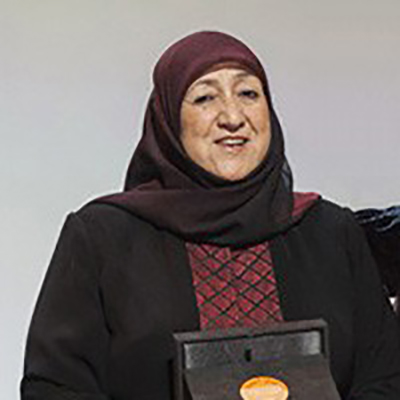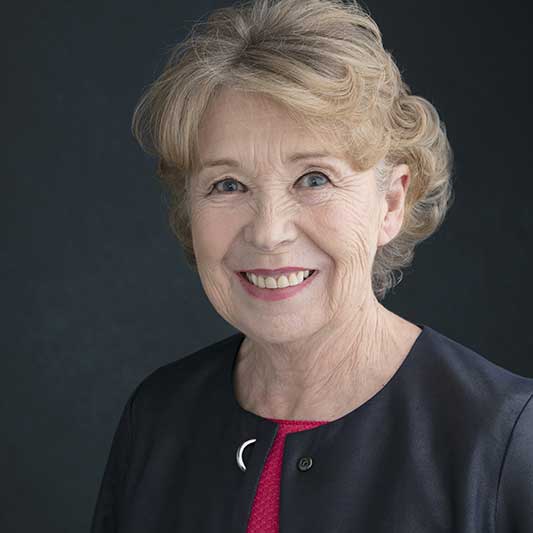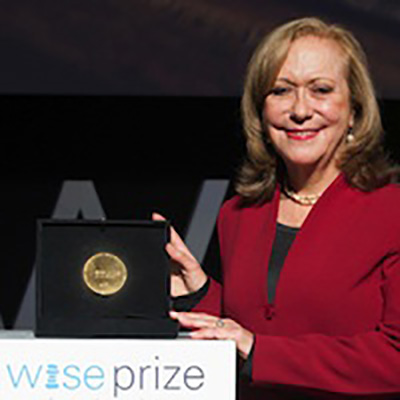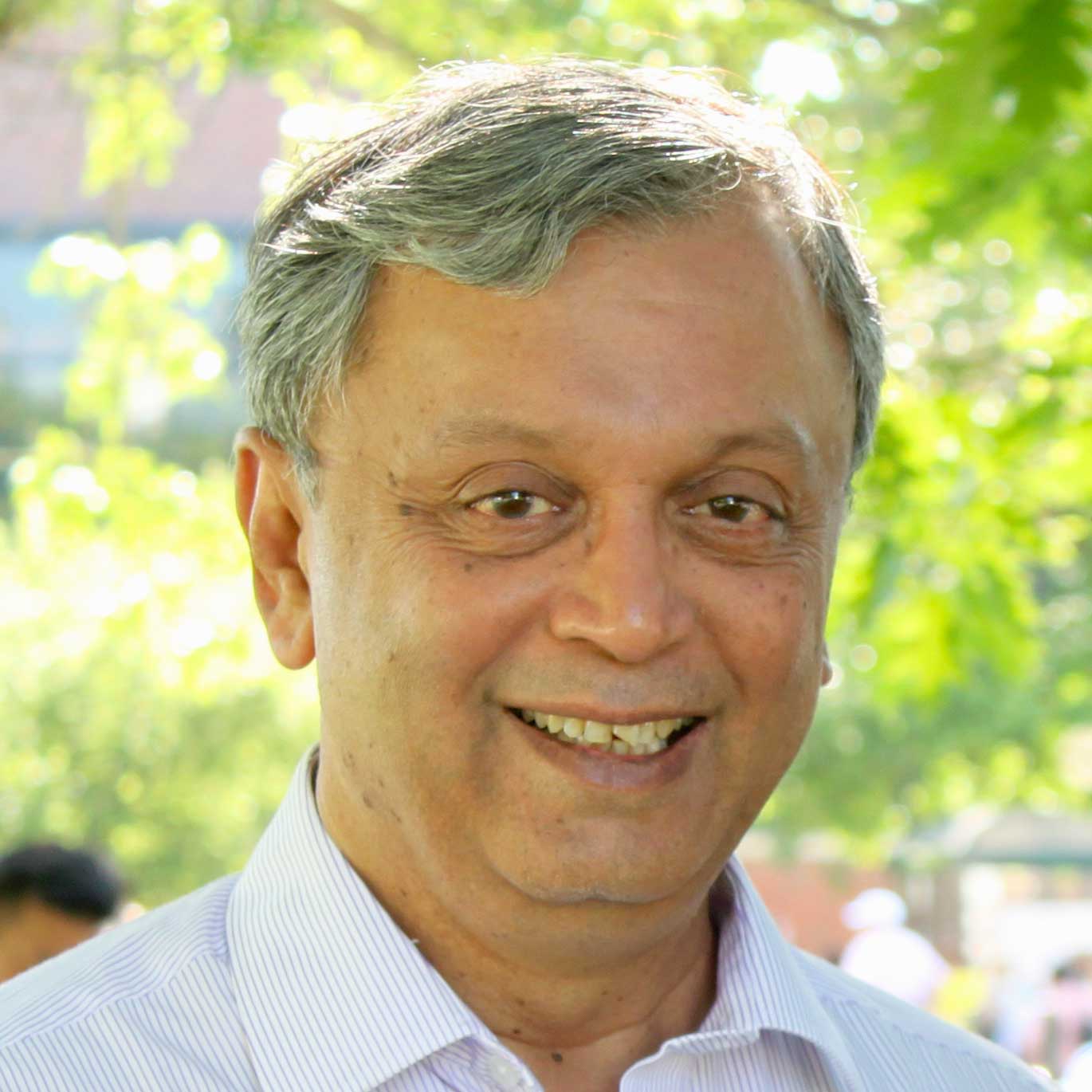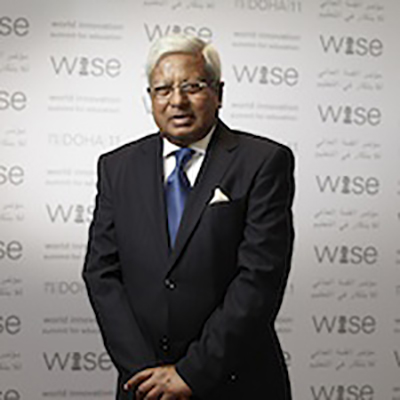It is a great pleasure for me to be present at the 10th Anniversary Celebration of BRAC University (BU). It is good to be with you all – members of the Board of Trustees, Faculty, Staff Alumni and Distinguished Guests and Friends of the University.
The three institutions, in the founding of which, I have been intimately involved are of course BRAC, BRAC Bank and BRAC University. I recall that by the time BRAC celebrated its 10th anniversary it had not of course achieved anywhere near the eminence the organisation has now achieved. But BRAC was then involved in a nationwide programme to promote Oral Rehydration Therapy (ORT) to combat morbidity and mortality from Diarrhoea. We visited every household in rural Bangladesh promoting the use of oral saline from house to house reaching 13 million households. As a direct result of this programme Bangladesh later experienced the fastest decline of child mortality in South Asia and our Prime Minister received UN MDG prize in 2010. By 1980, the 8th year of the founding of BRAC I was awarded the Magsaysay prize – known as the Asian Nobel.
BRAC Bank also celebrates its 10th Anniversary this year. Started in 2001 as the 30th smallest commercial bank it is now the 6th largest, pioneering small and medium enterprise (SME) lending through 151 branches and 420 unit offices through out the country serving 1.2 million clients. One technological innovation BRAC Bank is scheduled to launch next month is bKash through which millions of cell phone owners will have access to bKash account at BRAC Bank and will be able to deposit and withdraw money through thousands of bKash agents throughout the country and transfer funds through their cell phones without requiring any intermediaries. This will allow millions of hitherto un-banked people to access banking services.
How far have we come in 10 years with BRAC University?
We have set sail for the moon – in the ambitious entry by the University’s Electrical Engineering department to a NASA competition has already taken us part of the way there.
On the ground as well we have made great progress. We wanted BRAC University to provide broad based education which focused on both professional and personal development. Towards this end we have successfully introduced a residential semester in our Savar campus which has become a distinguishing feature of the undergraduate education at the BRAC University.
In order to better equip our teachers to help students unlearn unproductive practices such memorisation and nurture their creativity, we have established a Teaching Learning Centre (TLC). All faculty, however experienced, will be required to be acquainted with modern methodologies of student centred teaching.
Our Architecture and Law faculty has distinguished themselves for not only their excellent academic programme but also for their involvement in community service activities – both faculty and students of the Law department through their moot court society have been zealously involved in promoting better understanding and awareness of our liberation war to the present generation throughout the country – our Architecture department have been involved in designing cyclone shelters after the cyclone Sidr in Bangladesh and in designing and building low cost housing which is currently on-going in Haiti which experienced a devastating earthquake of December 2009.
BU is well known for its post graduate institutes the oldest of which is the Institute of Educational Development (IED). The Institute offers M. Ed degree course in Educational Leadership, Planning and Management for Upazilla Education Officers and MSc in Early Child Development (ECD) in collaboration with Columbia University. These courses are not available in any other university in Bangladesh. The Institute is presently deeply involved in supporting the government in designing and developing curricula and textbooks for primary education in Bangladesh.
The School of Public Health (SPH) is now undergoing transition from public health to Global Health. In collaboration with ICDDR,B and other national institutions the School is planning to offer courses to other health care professionals such as midwives and nurses in addition to an expanded M. Ph programme catering to students from Bangladesh and other developing countries in Asia and Africa. The Institute also has a substantial research agenda and conduct short training courses for Bangladeshi health care professionals.
The Institute of Governance Studies (IGS) offers M.A. in Governance and Development and have so far trained three batches of mid-career civil servants. It brings out annually a very influential State of Bangladesh’s Governance Report and has been working on accountability issues to improve governance in Bangladesh.
BRAC Development Institute (BDI) the newest of the Institutes offers a Masters in Development Studies (MDS) and new course on Development Practice which started this year. BDI has been involved in cutting edge research on pathways to women’s empowerment and is slated to contribute to new knowledge creation for a better understanding of developmental dynamics – economic, social and political.
We believe that really a good education not only challenges students to learn what is known in a discipline but also teaches them to grasp how knowledge is created. We want to develop an institution that would contribute not only to disseminating knowledge but to the creation of it. Towards this, we envision that research would form an integral part of the regular activities not only in the postgraduate institutes but also in BU’s undergraduate programme.
I should be remiss in my duty if I don’t mention the seminal research being carried out by Dr. Mumit Khan and his team in furthering our national ambition to achieve digital Bangladesh, or the effort of Centre for Languages (CfL) toward improving English language skills among our students and BRAC staff waiting to be deployed in its international programme. CfL also offers our students opportunities to learn modern Asian languages such as Mandarin and Korean in addition to more readily available French, Spanish and Arabic.
It may be interesting for you to know about level of support BRAC has provided to the University over the past 10 years. The support has been both intellectual and financial.
Three of BRAC’s Deputy Executive Directors have previously served as Pro-Vice Chancellor, Dean of the School of Public health and Director of Governance Studies. Four of BRAC’s directors currently serve as Pro-VC, Director IED, Director CfL and Honorary Treasurer. Two of BRAC Governing Body members have left the board to serve as Vice Chancellor and Dean of the School of Public Health.Over the years BRAC has mobilised and disbursed donor support of Taka 63.65 crore to the University and has paid cash grants of Taka 27.62 crore. BRAC is in the process of transferring 4.17 acres of land to the University for its New Campus. The current value of this land is Taka 215 crores.
Ten years in the life of an institution is not significant especially for a university. Universities tend to have a very long life. In 1994 while receiving an Honorary Degree from the Queens University in Canada I met a student awaiting his Ph. D degree. His research topic was sustainable institutions. He had looked at 500 European Institutions of the 16th century but found only 33 survive today. Twenty nine of these 33 are universities – Oxford, Cambridge, Sorbourn, Heidelberg, Bologna,Upsala – 2 churches one parliament and one business.
A day indeed will come when for Bangladesh society, development organisations like BRAC as they are today will be redundant and will need to redefine their goals. But it is our dream that BRAC University as a Centre of Excellence in Education and Research will thrive and prosper through the centuries ahead and provide vigor and vibrancy to the society as is still being provided by Heidelberg, Sorbonne, Oxford and Harvard.
Thank you all very much.



